As we get to the end of December, I typically pick my product of the year, but this is also the end of the decade, so I’ll go back and look at the prior products of the year, name my pick for this year, and then pick my product of the decade. Let’s get to it.
2010 – The iPad
2010 was an easy choice as the iPad came out and scared the hell out of the entire PC market. Its release made the whole “PC is Dead” thing real and spurred Microsoft to create the Microsoft Surface response.
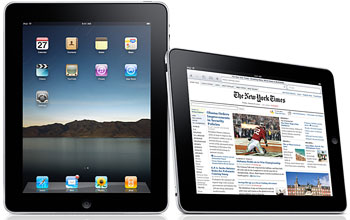
The iPad was a powerful new offering at the time, and it was the last product Steve Jobs had a major influence on. It had a lot of us looking up at the sky to identify celestial formations.
It also came with a ton of irony because a decade earlier, Steve Jobs had said that tablets were stupid, and then he created the best one in the market.
2011 – Audi A7
I picked a car as my product of the year in 2011, and that car was the then-new Audi A7. It was soon eclipsed when the more powerful S7 arrived in 2012, but it represented to me the near-perfect blend of technology and performance in the market.
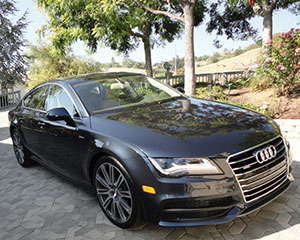
It also had massive storage in line with an SUV yet was still as easy to park as any sedan. It had an all-wheel-drive, which is typical of an Audi, and an Nvidia-powered AV system that was extremely advanced for its time. I’m still kind of surprised I didn’t buy one.
2012 – Nokia 920
My 2012 product of the year was one of the last Microsoft phones from Nokia. It just beat out the Microsoft Surface tablet because I viewed a phone as more strategic than a tablet. This phone was the final iteration of the Windows Phone platform, which arguably was the best in the segment from the standpoint of usability.
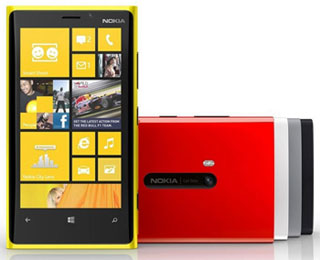
Sadly, it lacked the app support that was critical to success. It didn’t have the necessary marketing to allow it to break out, and instead of being a lasting example of the Microsoft and Nokia collaboration, it marked the end of that effort.
2013 – Humanity In The Machine
The 2013 product of the year was Humanity In The Machine, a book by my friend Brian David Johnson. This book points out the problems with companies like Facebook and Google, which invest massively in development but doesn’t seem to realize their offerings have to be used by humans.
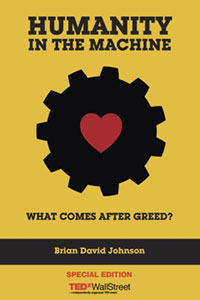
The book suggests alternative paths that would make life better rather than making life more dangerous and depressing. Ensuring a better path for humanity should be part of every company’s strategy — yet, sadly, it still isn’t.
2014 – Nextbook Windows 2-in-1 Tablet
The product I picked for 2014 was the unusual eFun Nextbook, which is very similar to the recently released Microsoft Surface X 2-in-1. It is even more similar to the Surface Book in terms of physical design.
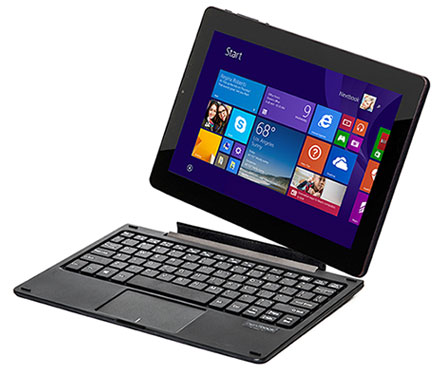
Rather than costing one or two thousand dollars, it cost US$180, making it a massive bargain. This PC was the first workable PC I’d ever seen in the sub-$200 range, making it a potential game-changer.
2015 – BlackBerry Priv
My 2015 product of the year was the BlackBerry Priv, a smartphone that blended the keyboard of the past with the screen focus of the present. It lacked the marketing needed to cause the market to pivot back to the business-focused phone, and the battle continues with the Key2, which remains in the market today and sold out at launch.
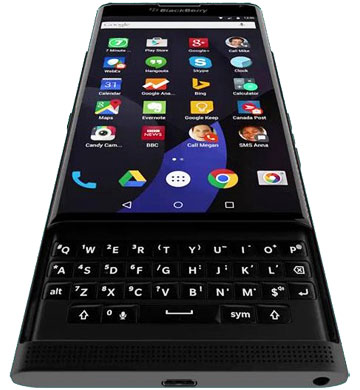
The Priv reminded me that you could still blend business and consumer needs into a secure phone product. I hated to give up that phone when it aged out.
2016 – Echo Dot
In 2016 we were just getting started with digital assistants, and the Amazon Echo was a huge success. The product in their line that stood out was the Echo Dot, which was an amazing bargain for its time.
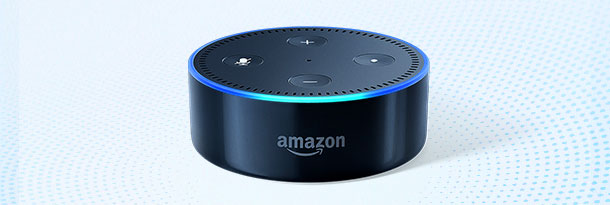
It had all the capabilities of its more expensive sibling, but its speaker wasn’t that great. However, you could hook it up to your own speakers and get even better sound. Amazon since has come out with an even less-expensive offering that doesn’t even have a speaker, but for 2016, this product was one of the best tech bargains for the year.
2017 – Lenovo ThinkPad 25
For 2017 the 25th anniversary ThinkPad became my product of the year. I chose it because it was the best ThinkPad ever brought to market at that time (the ThinkPad X has eclipsed it), and it was a near-perfect balance of portability, battery life, usability, features, and the iconic ThinkPad design and keyboard.
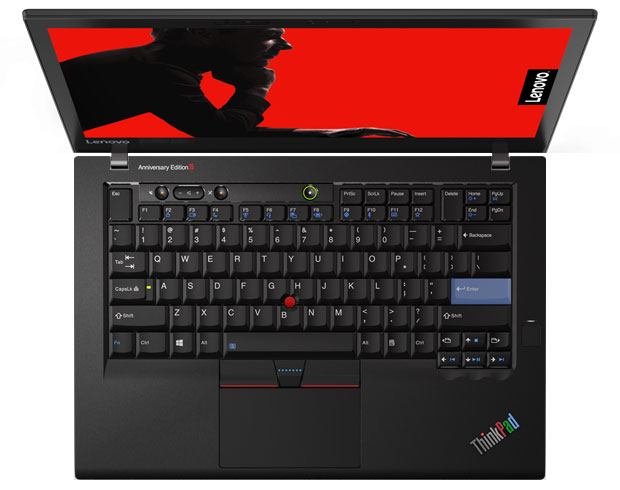
Since I’d been involved as a member of IBM and Lenovo’s advisory panel for much of those 25 years, this was also a partial reflection of my work with them. It was then the pinnacle of laptop development.
2018 – Deep Instinct
In 2018 it was clear that security was becoming a huge problem. Viruses and malware were defining the tech segment, and police stations, government offices, and hospitals were being hit.
Billions of dollars in damages, particularly connected to ransomware, had become a national problem, so I focused on a product that used AI as a defense.
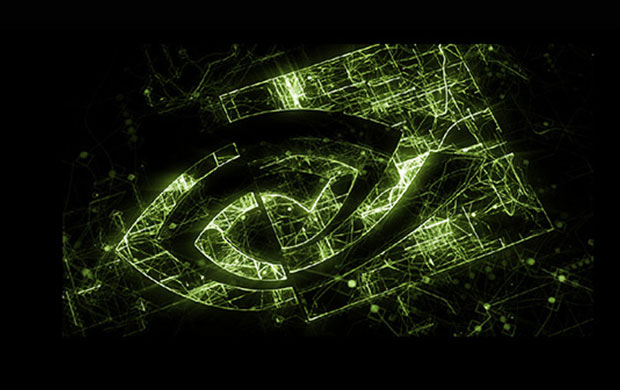
Deep Instinct became my product of the year as the only deep learning product capable of fighting back. HP got an exclusive license for this product, which significantly enhanced its PC security to a point where it can argue that it is the most secure PC vendor in the segment today.
Rob Enderle’s 2019 Product of the Year – Ooler Sleep System
There were a lot of amazing products introduced in 2019 — starting with the Peloton Tread, the most expensive treadmill I’ve ever purchased, and ending with Nvidia’s Recommendation Engine, which could make Christmas shopping far more effective and stress-free, as well as ensure a better gift-giving outcome.
However, the product that stood out most for me this year was the ChiliPAD Ooler Sleep System.
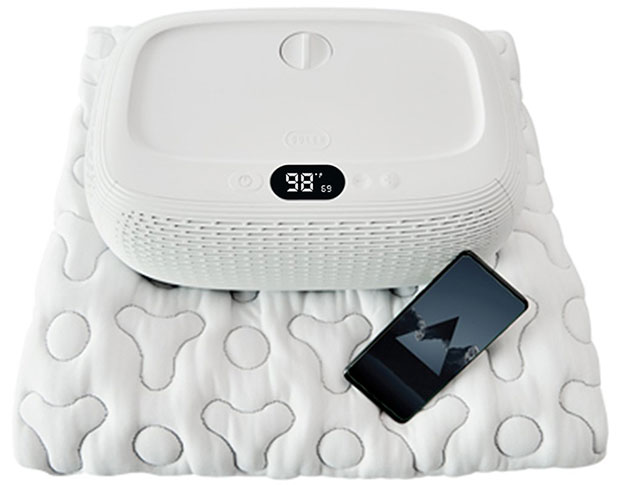
I have a lot of trouble getting a good night’s sleep, and being too hot or cold is problematic. I’m also concerned about the electrical fields created by heating pads and electric blankets.
Before the ChiliPad came out (the Ooler’s predecessor), I’d been arguing that we should apply the same technology used to cool race drivers and astronauts to bed heating technology, and when the ChiliPAD came out, I was an instant fan.
However, that product wasn’t very smart and seemed to need water fill-ups way too often.
The Ooler fixed both of those issues and since I’ve had it, I’ve generally slept much better than I did without it or with the older ChiliPad offering. So the Ooler is my product of the year for 2019.
Rob Enderle’s Product of the Decade – Deep Instinct
This choice wasn’t as hard as I thought it was going to be. Many of the products of the year have either aged out or been replaced, or the firms that offered them no longer exist. It has been a tough decade.
It came down to Brian David Johnson’s book, which defines many of the problems we had with technology in this decade, the Ooler, which helps me sleep (and sleep is incredibly important to me), and Deep Instinct, which is the most powerful AV product in the market currently.
I chose Deep Instinct because safety is more important than sleep and because it fixes the problem it addresses — it doesn’t just highlight what needs to be done.
We live in a very unsecure world, with state-level attackers and near-daily reports of institutions being compromised by viruses or exploits or brought to their knees by ransomware. Of the products I’ve recognized as products of the year, Deep Instinct comes the closest to mitigating that threat.
It uses Nvidia’s deep learning technology to create a very different kind of antivirus product — one that effectively creates a near superhuman barrier between the people who want to do us harm and us. As a result, Deep Instinct is my product of the decade. Congratulations!

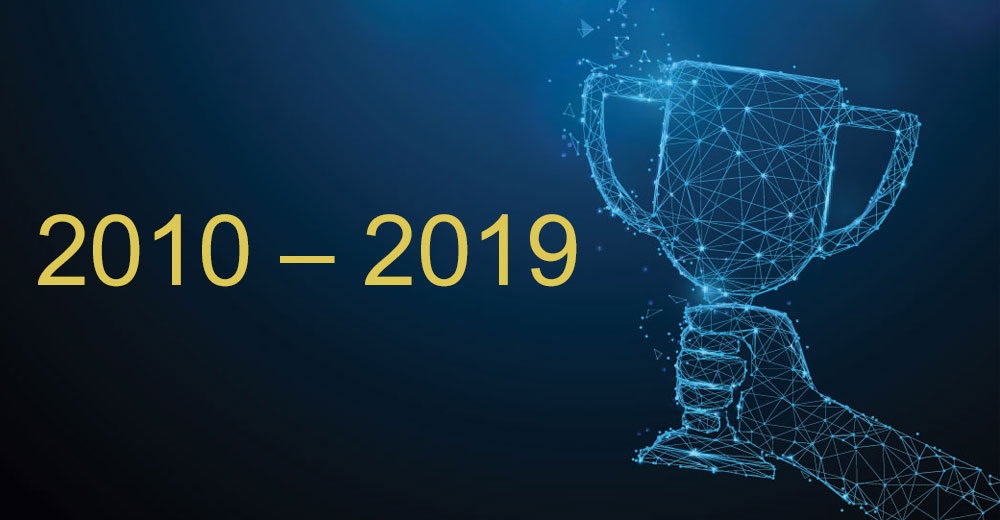




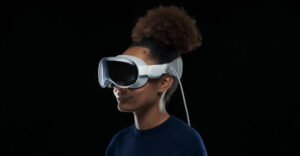
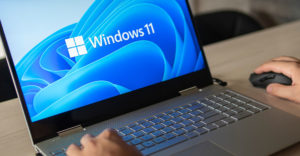

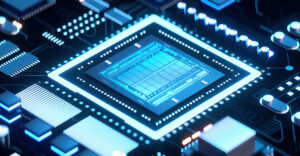


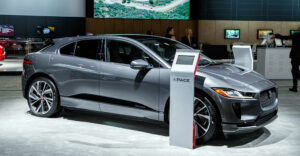



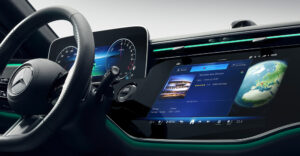
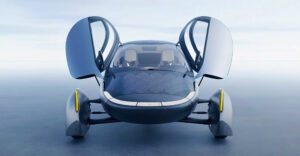
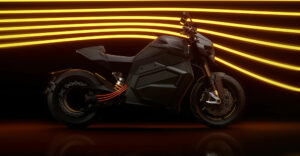
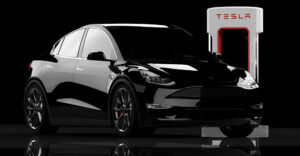


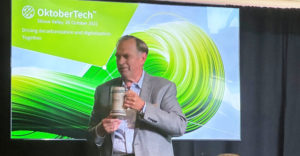

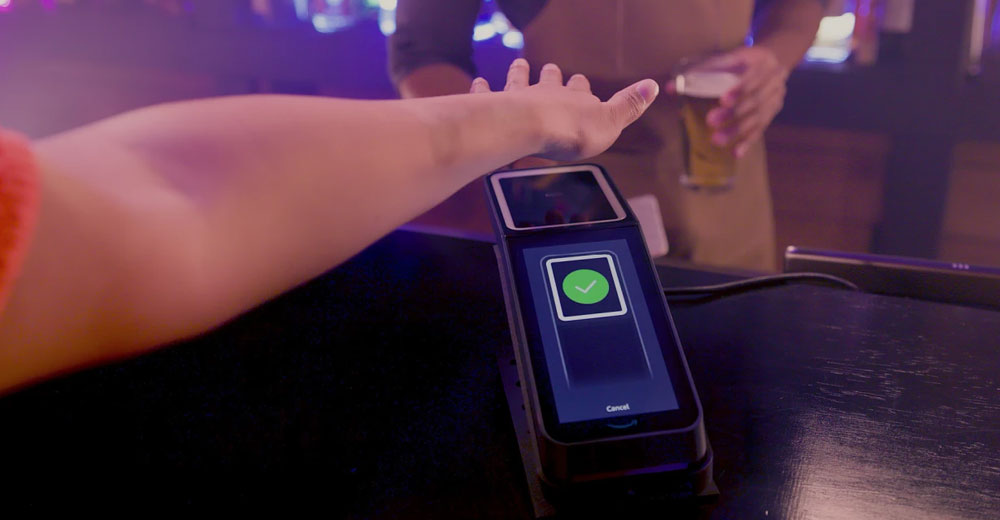









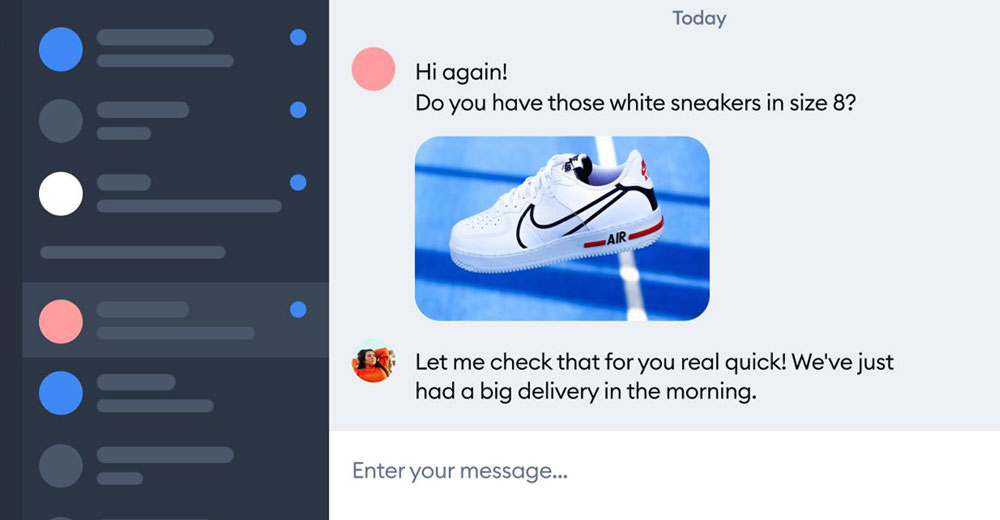









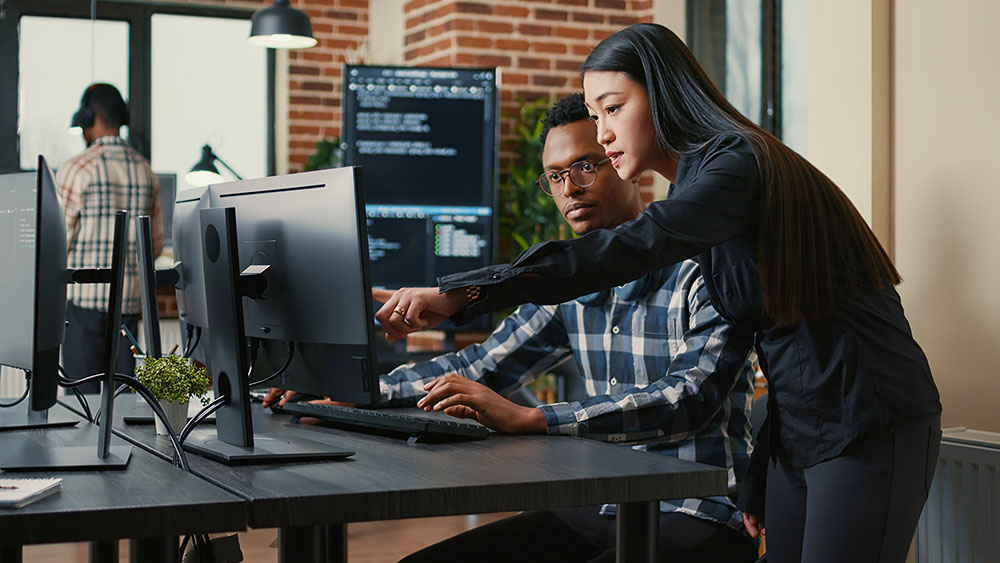


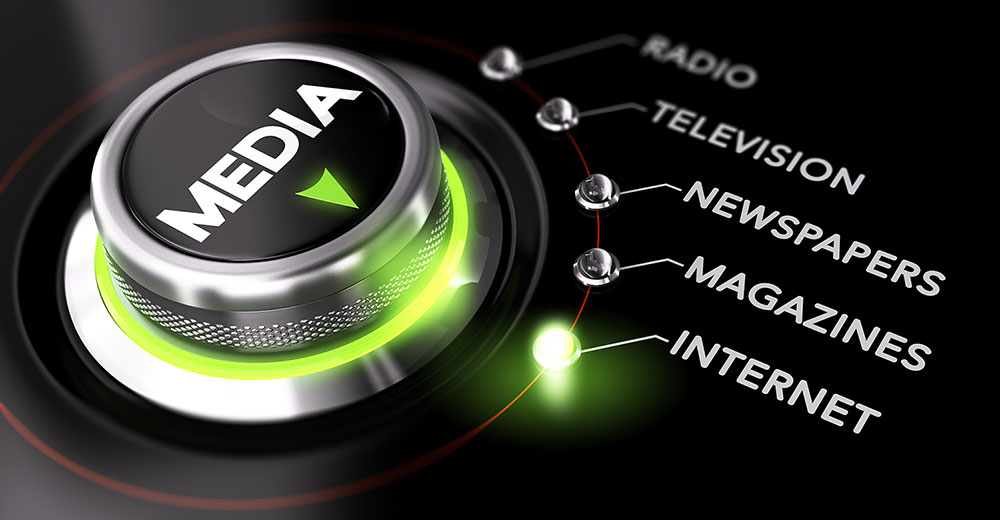

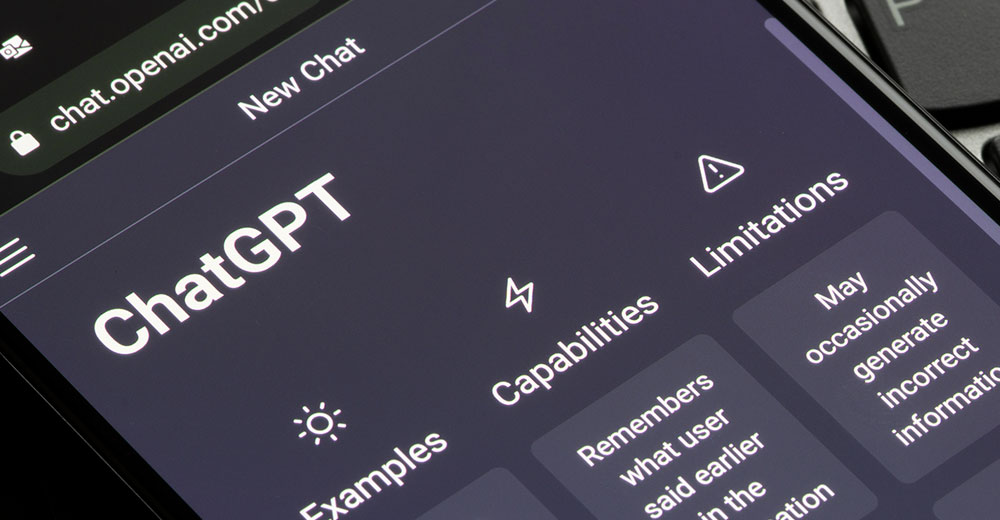
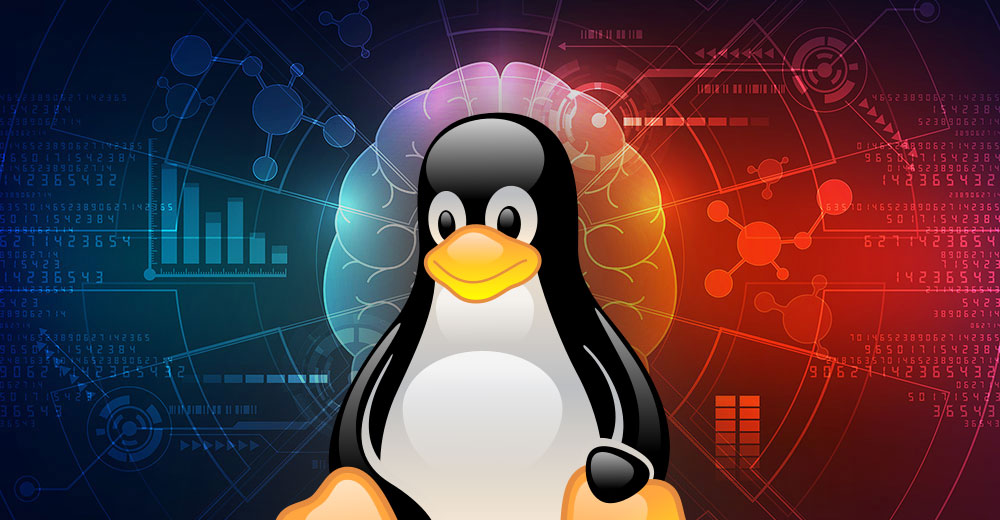
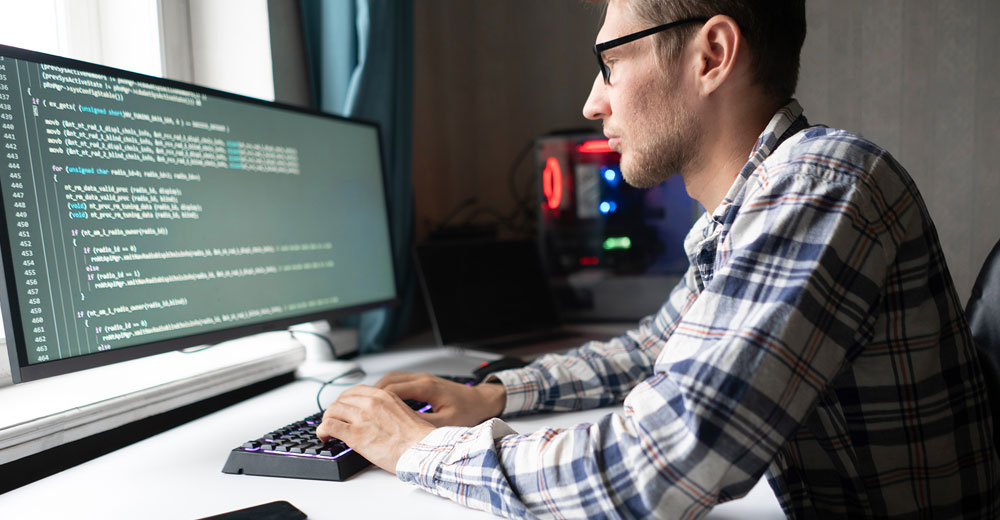
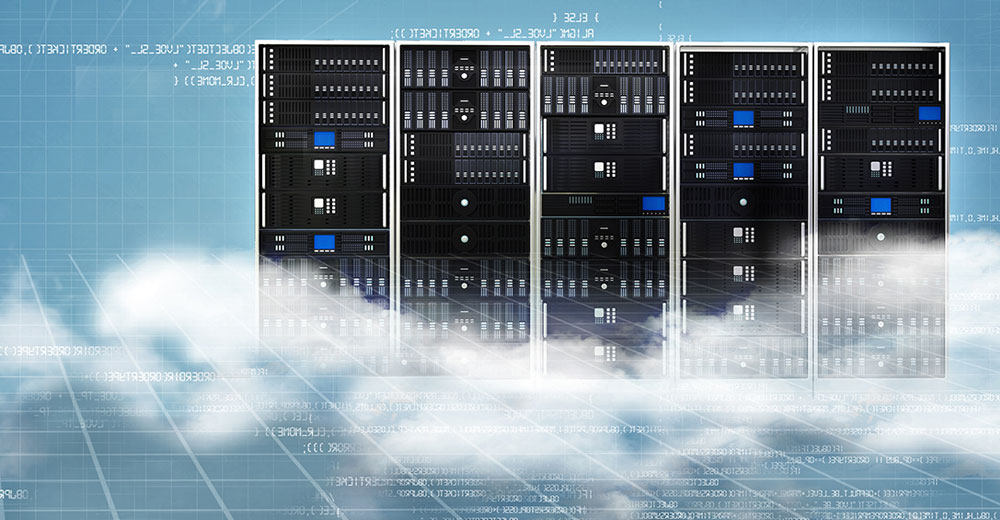


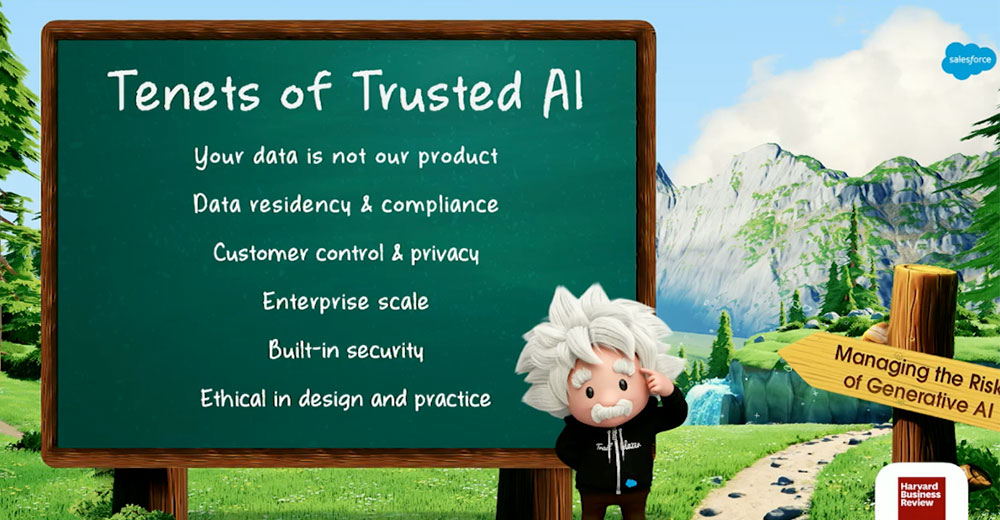
Your bias against Tesla is making you less credible. You do not have to admit past mistaken predictions but at least stop being stubborn.